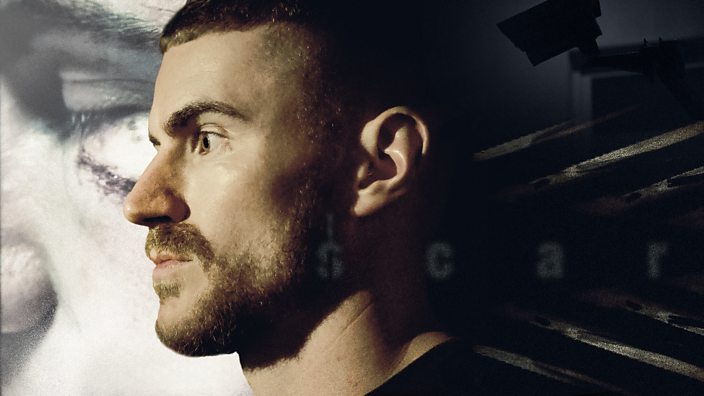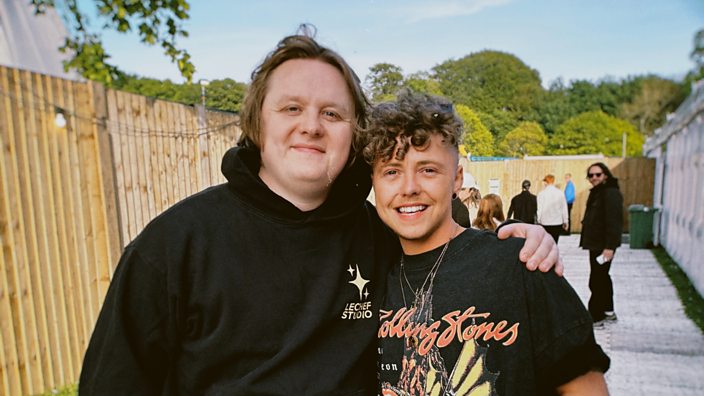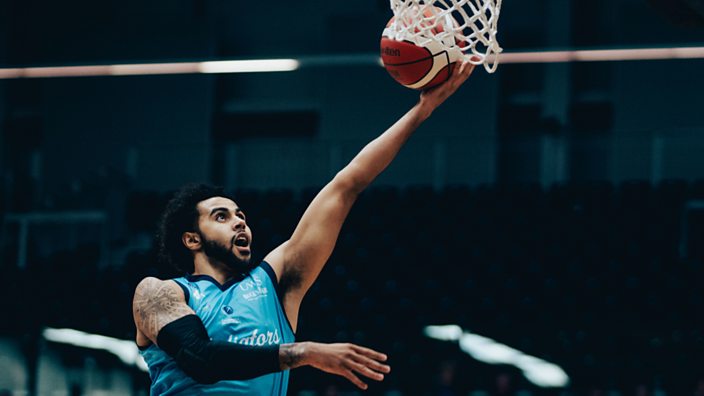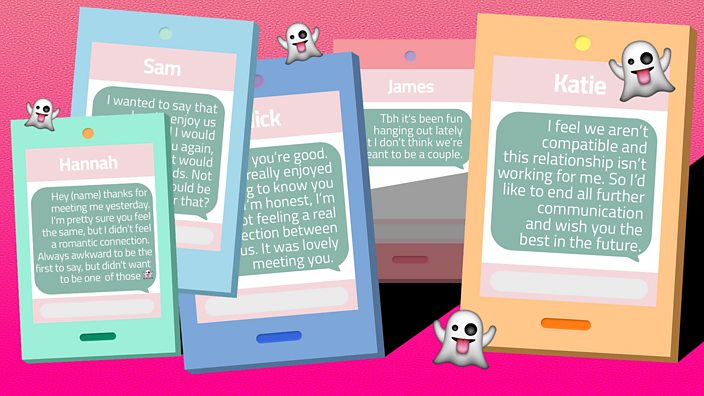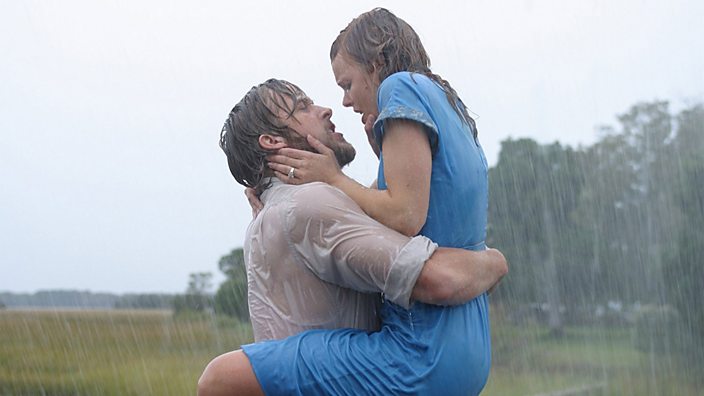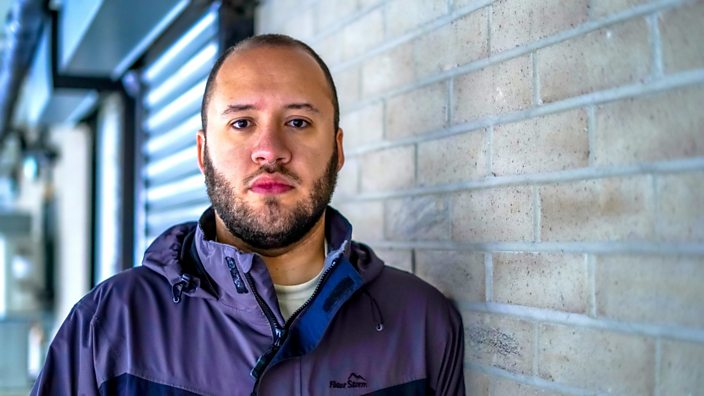 BBC/Nine Lives Media/Ibitayo Ibikunle
BBC/Nine Lives Media/Ibitayo IbikunleStranger in My Family: The ‘blindsiding’ DNA test that changed my life
DNA test results set filmmaker Luke Davies on a three-year journey to discover his true identity.
Growing up in Rochdale, Luke Davies always felt different in some way.
“When I started to realise I was gay, I thought maybe that was the issue,” he remembers.
But after he came out to his accepting parents, Liz and Gary, when he was 18 and the feelings of difference persisted, Luke began to question himself again.
For his whole life, people had remarked on Luke’s physical appearance. Luke recalls going for a job interview where a hiring manager said he “ticked” certain categories: being working-class, gay and mixed race.
 BBC/Nine Lives Media
BBC/Nine Lives MediaLuke was raised by two white British parents, and so moments like this would leave him feeling confused.
Eventually, Luke thought a DNA test might answer some of his questions about his appearance. In January 2019, Luke took a DNA test - and his “life changed on a dime,” he says.
Over the next three years everything he knew about himself and his family would be altered - and he documents the journey in BBC Three’s Stranger in My Family.
‘I did have sleepless nights’
Taking a DNA test is a fairly simple process, says Laura House, Ancestry UK’s primary genetic genealogist: you spit in a tube, post it off and get your results online.
Laura goes on to explain that you’re given two main sets of results: the ethnicity estimate, which looks at the populations that your DNA most closely resembles, and your matches with other people in the database.
Luke says he “did have some sleepless nights” waiting for the results. But nothing could prepare him for what came next.
 BBC/Nine Lives Media
BBC/Nine Lives MediaAt 27, Luke learned he was mixed race. The DNA test revealed his biological father was West African and Portuguese, meaning the man Luke had been calling his dad his whole life - Gary - was not his biological father.
“The results were blindsiding,” Luke says.
A few days after receiving the results, Luke spoke to his mum, Liz. It was a teary conversation, he remembers, and he learned that a few weeks after meeting Gary, Liz went on a girl's trip to Portugal where she had a holiday romance with a bartender named Carlos.
Liz didn’t reveal this to Luke or Gary for 27 years - but Luke was quick to forgive his mum. “It forced us to confront a lot of things, but not in a hostile way," he says about speaking to his mum after getting the results. "We're all humans, we're all flawed. And we all [had] the opportunity to share our perspective on things. And in turn, it's made us closer.”
However, the results took a toll on Luke and he left his full-time job: “I was struggling with my mental health quite a lot.”
‘I had experienced racism sometimes without realising’
While the results helped Luke understand why he often felt like an outsider, they raised new questions for him.
“You revisit every memory, every difficult conversation. Obviously, I had experienced racism sometimes without realising,” Luke explains. Growing up, Luke remembers telling people he was from Rochdale, in Greater Manchester, and they would respond: “No, where are you really from?”
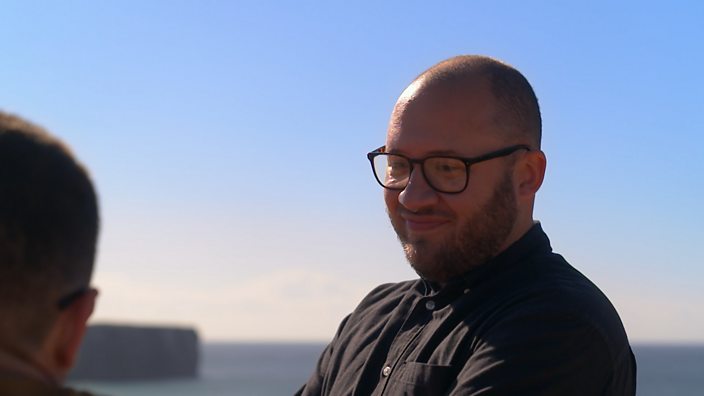 BBC/Nine Lives Media
BBC/Nine Lives MediaAs he was grappling with his new identity, Luke decided he needed to find his biological father - but he had some reservations: “My biggest fear was that my family would blow apart.”
After speaking with his parents, Luke pursued his search for Carlos and reached out to Laura for help.
Using an online database of more than 23 million people who had also taken DNA tests, along with other records, Luke worked with Laura to identify his biological grandfather and another close relative.
With this new information, Luke flew to Portugal to continue his search. “It was tense, there was a lot of excitement,” he says.
Once he arrived, Luke met with Portuguese genealogist, Angela Campos, a contact of Laura’s, who helped him track down Carlos. They found Carlos’ contact details at the old bar where he worked and were then able to reach out to him for a DNA test.
To their surprise, they found out that Carlos was now living in London but happily agreed to take a test.
The results confirmed it: Carlos was Luke’s biological father. Luke says he gets “goosebumps thinking about it. It’s quite fresh.”
‘So many people leave it too late’
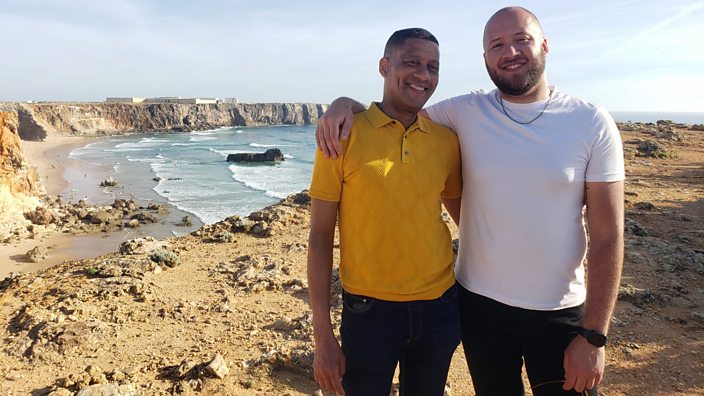 Nic Guttridge
Nic GuttridgeCarlos was excited to meet Luke and to introduce him to his other two sons. And Luke immediately felt welcomed by them.
“Meeting Carlos and my brothers was beautiful,” Luke says. “It never felt like I was trying to fit into their life. It was almost as if I caught up to them.”
And meeting his biological family helped Luke better relate to his identity. Luke’s grandmother is from the island of Pecixe, in Guinea-Bissau, and seeing a picture of her was the first time he really felt connected to the West African and black part of his identity, he says.
Luke no longer feels like an outsider. “I feel as though all of the differences that I’m made up of are the best bits,” he says.
 BBC/Nine Lives Media
BBC/Nine Lives MediaSince finding his biological father, Luke has had a strong, loving relationship with his parents and with Carlos, he says.
It was the result Laura had hoped for: “So many people leave [searching for their biological family] too late and then when they finally go to do it, everyone is dead. They can't get any answers to their questions.”
Expanding DNA testing is the key to helping people like Luke, Laura says: “Twenty years ago, if you didn't know who your father was, you had nothing.”
“We need to make sure that [testing is] accessible in countries where they have no adoption records,” Laura adds. “What could possibly be more important than giving people access to their own family history?”
The search has taught Luke a lot about himself: “I've been on this three-year journey of having to confront all of my emotions but in the same process, realising how thankful I am for the life that I've had.”
Originally published 17 September 2023.
